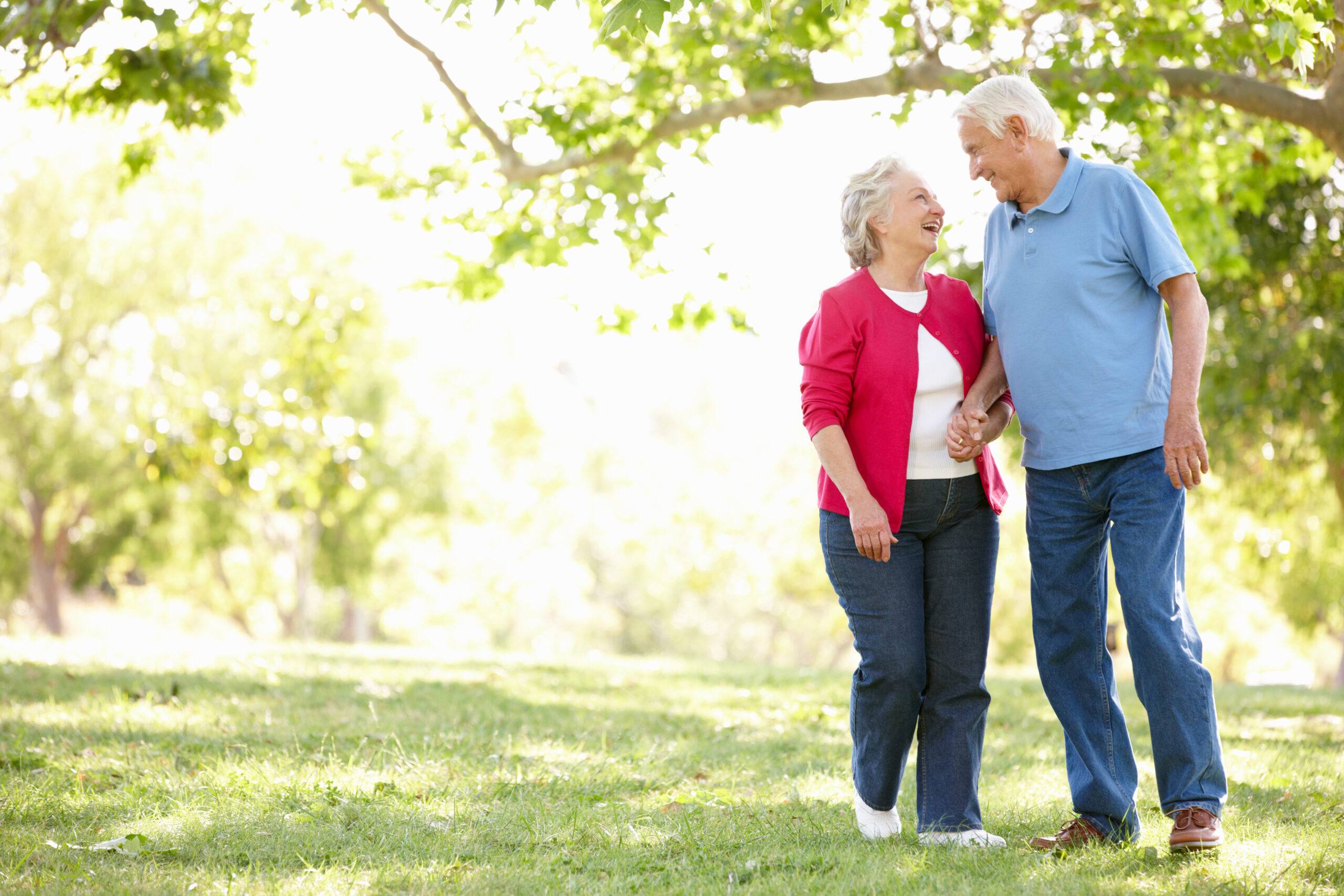Caregiving comes with a lot of responsibility. When someone is under your care, you have to plan to keep them safe, healthy and happy. You have a lot of decisions to make and, often times, you can deal with the fear that you aren’t making the correct choices. Caregiving is a very selfless labour of love, and many caregivers put their everything into the role. However, sometimes the altruism of a caregiver can cause them to overlook -or have a gut reaction to- certain things. This is often seen when it comes to the dignity of risk.
The “dignity of risk” suggests that taking risks, even when there are potentially harmful consequences, is an important part of living fully. When someone is losing their independence, they can lose their sense of self, resulting in emotional challenges which can compound their physical ones.
As part of their caregiving, the caregiver should do their best to look at the whole person, and in so doing maintain that independence as much as possible. A lot of caretakers may instinctually prevent the person under their care from doing anything that could have potentially negative consequences but, in the interest of preserving autonomy, there can sometimes be a time and place for taking those risks.
To begin with, all activities related to the health and safety of someone under your care should follow consultation with your loved one’s doctor and/or healthcare team. The Hippocratic Oath states that physicians “do no harm.” And while there isn’t a similar oath for caregivers, the principle is a good guide in offering care. A caregiver should always endeavour to do no harm but in the calculation of risk, activities which offer the benefit of autonomy and the feeling of being more than one’s condition or disease can offer emotional value which can outweigh a risk.
There are numerous examples of activities which fall under this category and the concept of risk is always relative to the individual and their condition. Some activities such as the consumption of alcohol, outings, or even exercise, can pose some risk while simultaneously giving someone the feeling of independence. With a physician’s approval, offering your loved one opportunities to engage in familiar activities can offer some joy.
As a caregiver, consider ways that you might be able to explore the dignity of risk in your own caregiving. Come up with some possibilities and consult your loved one’s physician before taking any action. You might revive something forgotten in both of you.
To learn more about dignity of risk, check out this guide commissioned by the UK Department of Health. For more resources, visit The Caregivers’ Garden.


